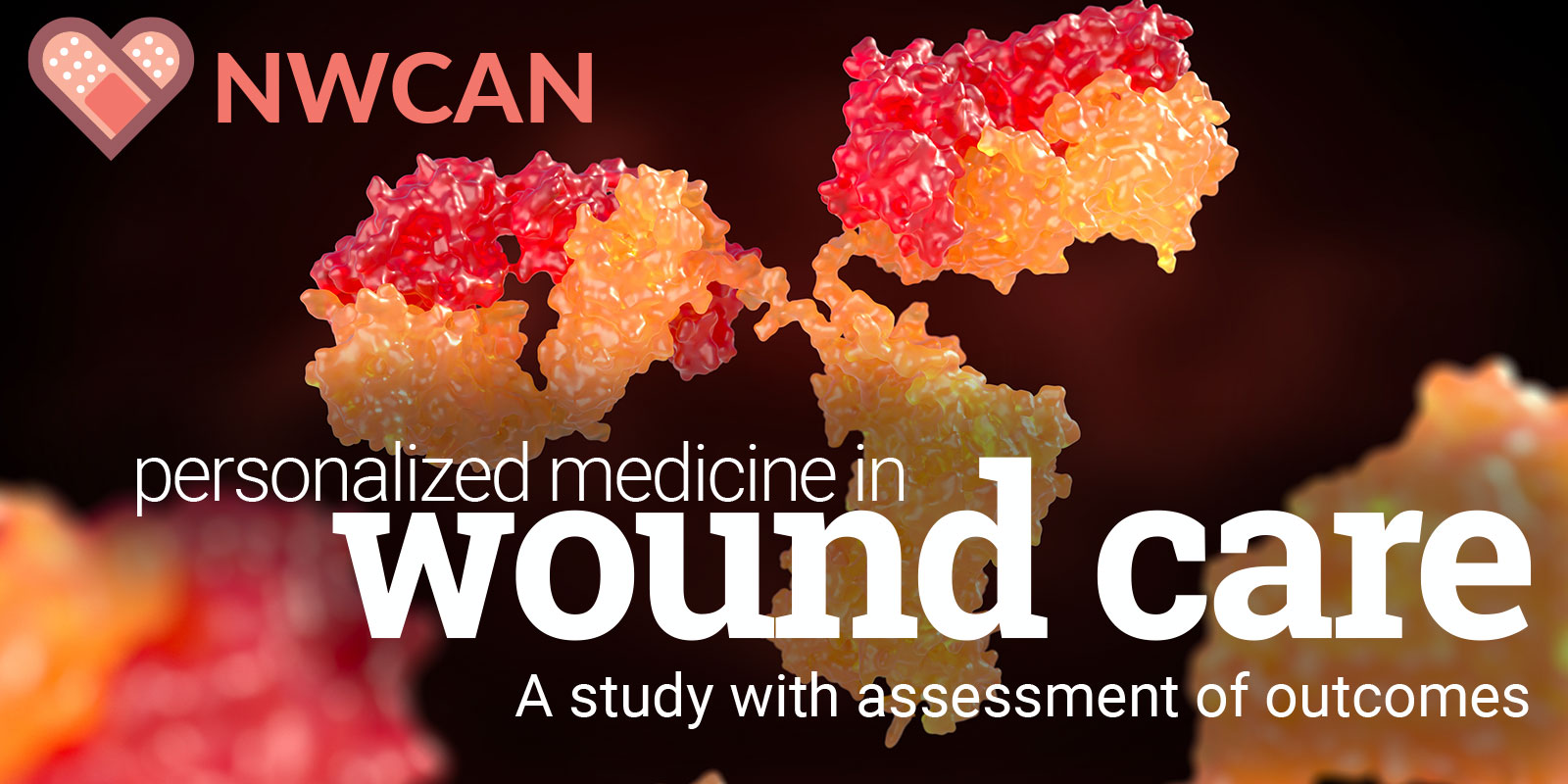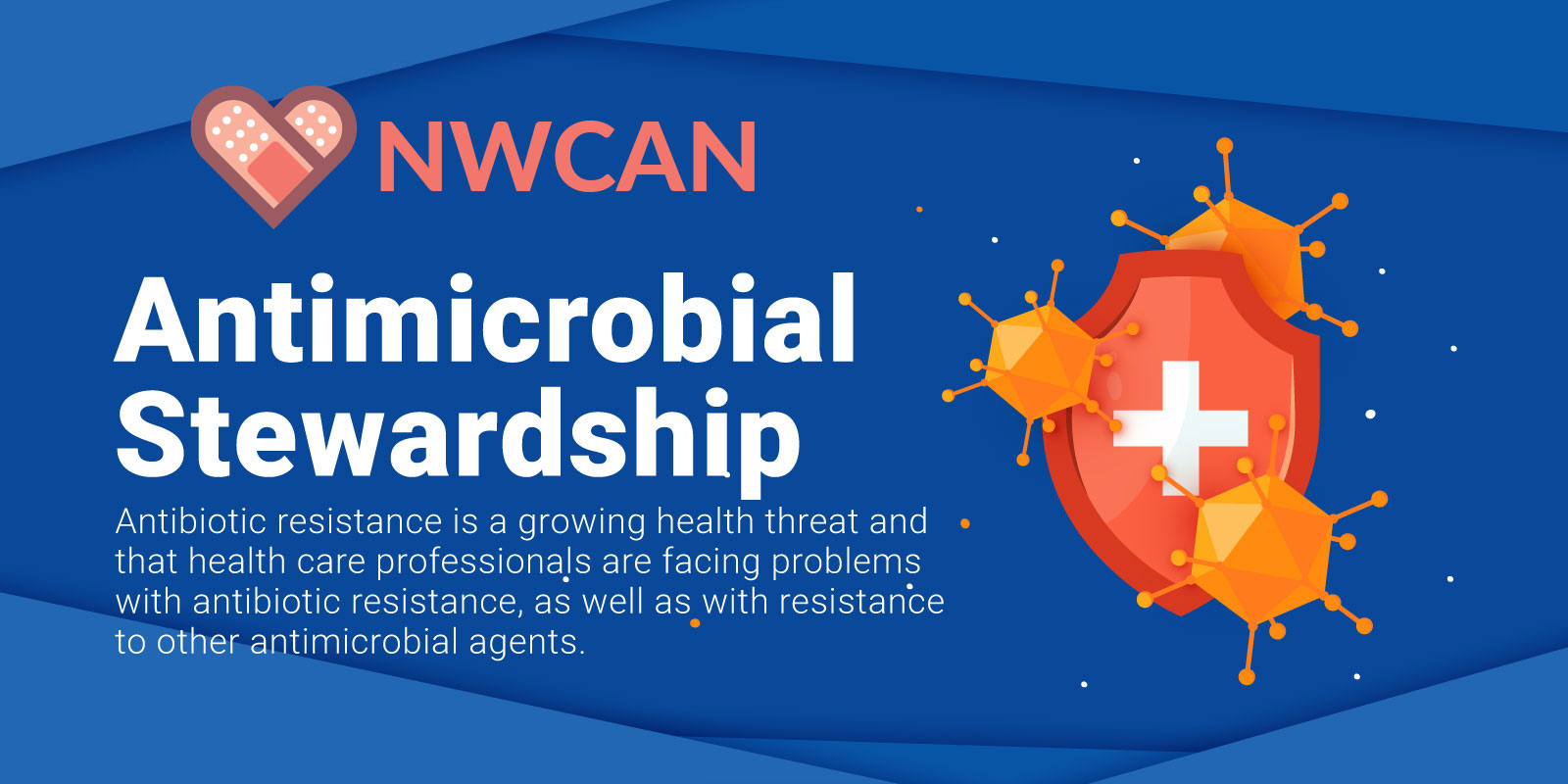Essential Practices: Maintaining Cleanliness and Regular Bandage Changes for Diabetic Ulcer Care
Diabetic foot ulcers, a prevalent complication of diabetes, can lead to severe outcomes if not adequately managed. The key to their treatment? Maintaining cleanliness and changing bandages consistently. Here’s why: Infection Prevention: Diabetic ulcers expose the deeper layers of the
Executive Summery:
Executive Summery: Objective This large, level A, retrospective cohort study set out to compare healing outcomes in three large cohorts of wound patients managed universally for bioburden: standard of care group, who were prescribed systemic antibiotics on the basis of empiric and
Antimicrobial Stewardship and the Growing Threat of Antibiotic Resistance
Antibiotic resistance is a growing health threat and that health care professionals are facing problems with antibiotic resist-ance, as well as with resistance to other antimicrobial agents. The Centers for Disease Control and Prevention (CDC) noted in 2019 that “more
Wound Care: A Comprehensive Guide for Medical Practices
Wound care is a critical aspect of healthcare that focuses on the treatment and facilitation of healing for a wide range of wound types. In this guide, we will explore the various aspects of wound care, including common wound types,
A Comprehensive Guide to Reducing Your Risk of Diabetes
Avoiding or reducing the risk of developing diabetes, particularly type 2 diabetes, often centers around lifestyle choices and understanding risk factors. Here are some general strategies to help you reduce the risk: Maintain a Healthy Weight: Being overweight or obese











